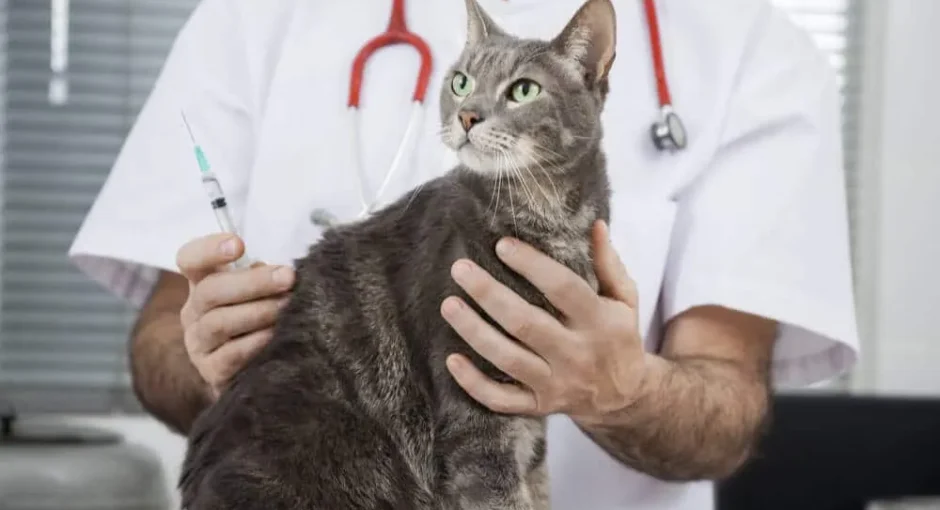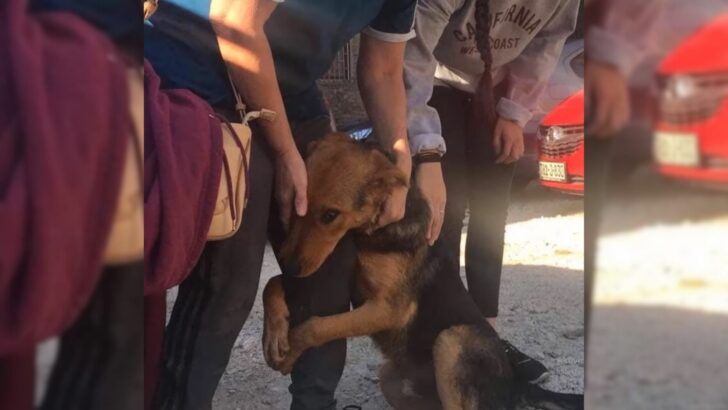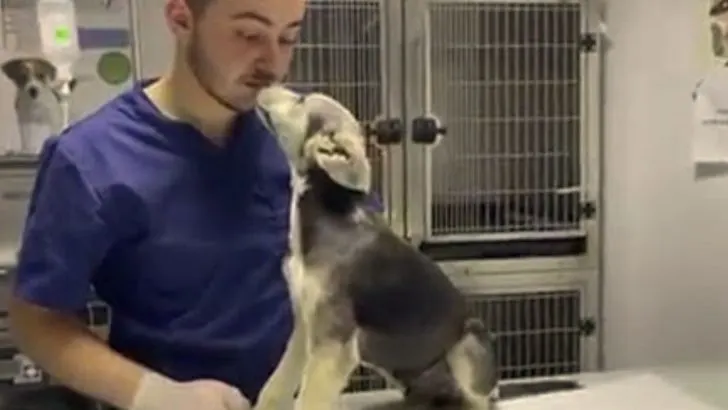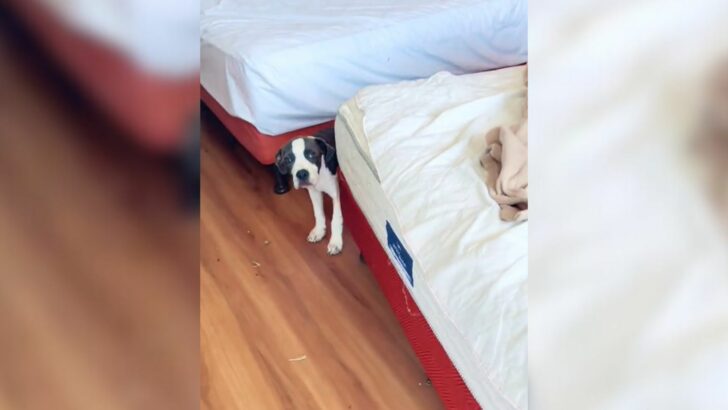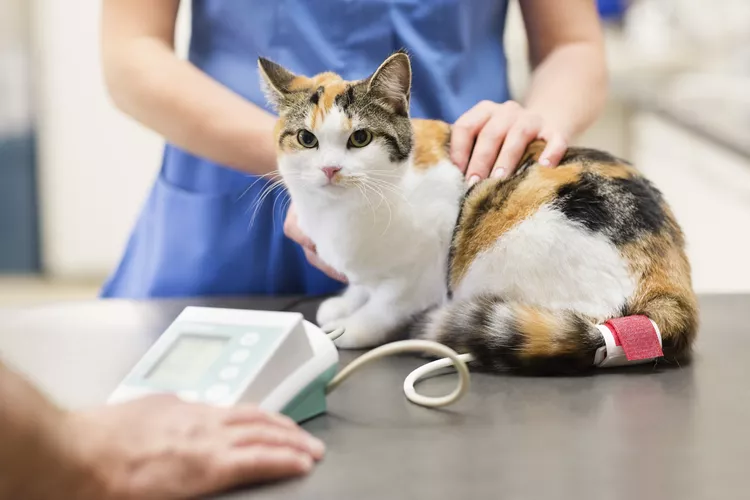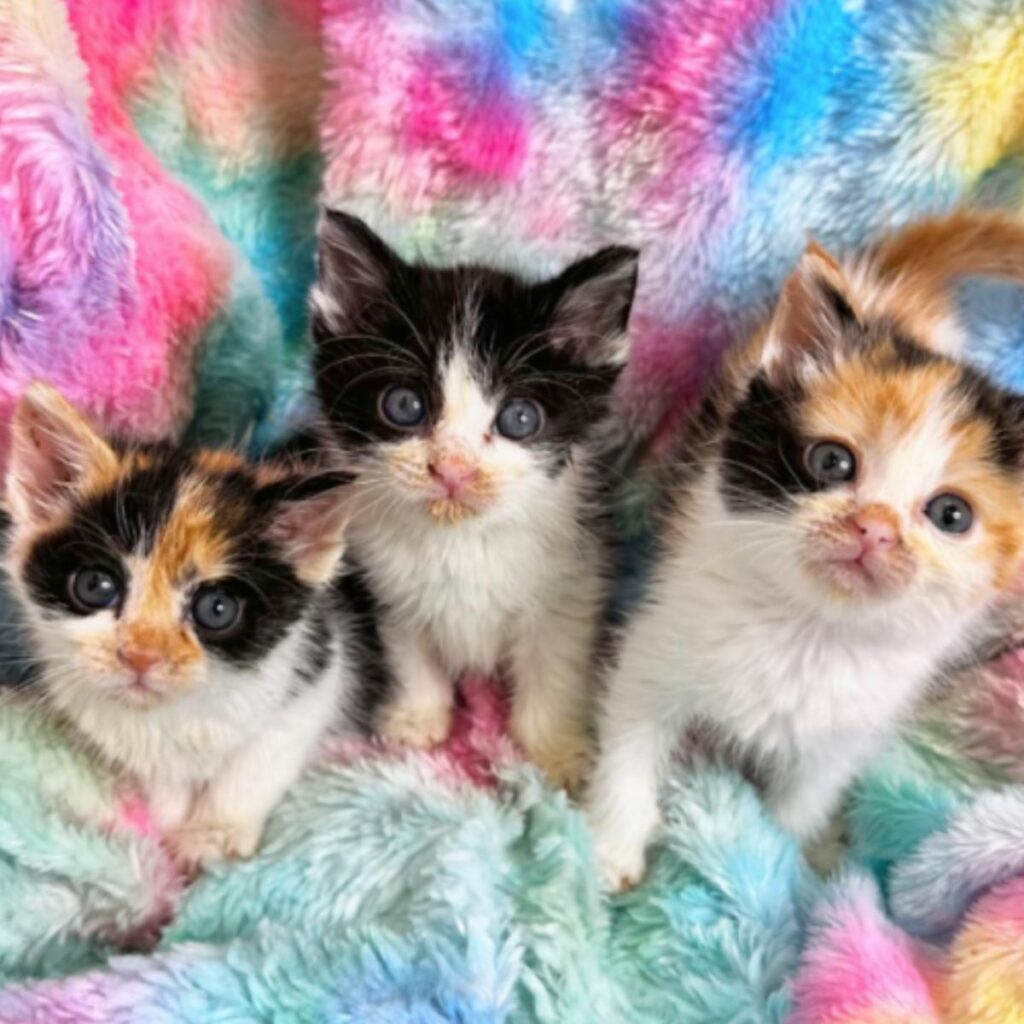What vaccines do cats need?
Cats need several core vaccines to prevent infectious illnesses.
Your veterinarian may also recommend a few optional vaccines, especially if your cat spends time outdoors or comes into contact with other animals at boarding facilities.
We’ll take a look at these core and optional vaccines below.
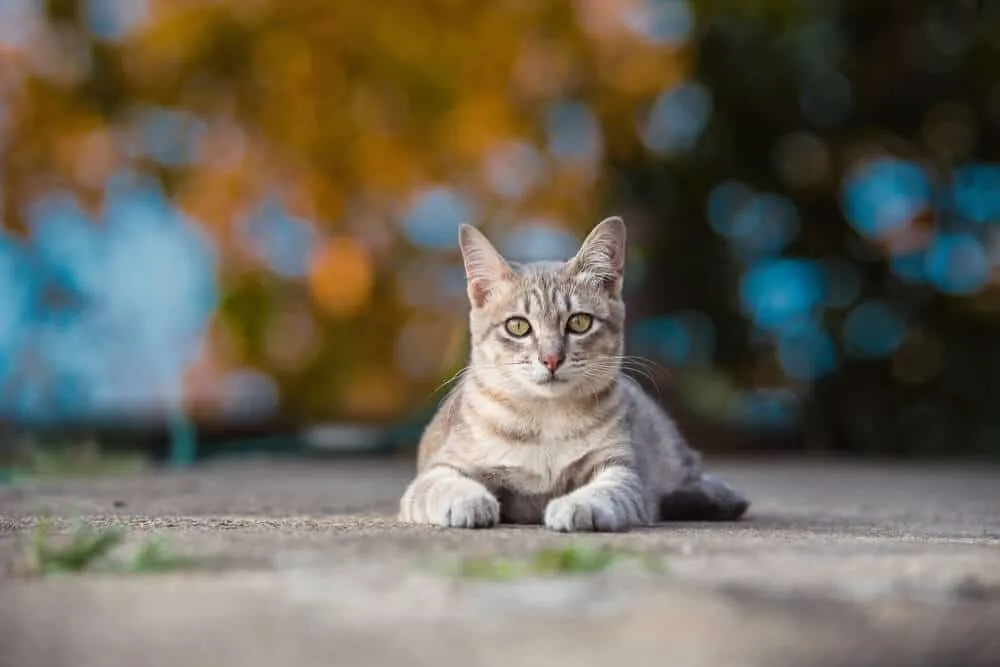
Also Read: How To Help Your Cat Feel Better After Vaccinations
Core vaccines for cats
Every cat should be vaccinated against the following:
- Feline herpesvirus 1 (FHV-1). FHV-1 is a highly contagious virus that infects the upper respiratory tract. It causes sneezing, nasal discharge, eye discharge, lethargy, coughing and other symptoms. Some cats also develop a condition called keratitis, which is characterized by inflammation of the cornea. FHV-1 usually spreads through direct contact, but it’s also possible for a cat to pick up the virus from food bowls, water bowls, grooming tools or bedding.
- Feline leukemia virus (FeLV): According to the Cornell Feline Health Center, FeLV affects up to 3% of all cats in the United States. This makes it a serious concern for vets and cat owners. In the early stages of the disease, many cats have no symptoms. As FeLV gets worse, it may cause progressive weight loss, fever, enlarged lymph nodes, frequent infections and chronic diarrhea. FeLV vaccines protect cats against this serious disease.
- Feline panleukopenia virus (FPV): Cats develop FPV, better known as distemper, when they’re infected with parvovirus. This type of parvovirus is different from the one that infects dogs, so there’s a separate vaccine for it. Possible symptoms include high fevers, vomiting, lethargy, severe diarrhea and dehydration. Because it attacks the bone marrow, FPV also leads to a shortage of red blood cells and white blood cells (panleukopenia).
- Feline calicivirus (FCV): Like FHV-1, feline calicivirus infects the respiratory system. Some infections are mild, while others cause severe complications. The virus mutates frequently, so not all cats have the same symptoms. For example, many cats have sneezing, fevers, drooling and nasal congestion. Others develop tongue ulcers or lose their appetites. This virus spreads via respiratory droplets and direct contact with contaminated body fluids.
- Rabies: Rabies is a dangerous virus carried by bats, raccoons and other animals. It affects the central nervous system, so a cat infected with rabies may experience sudden behavioral changes. For example, if a cat is usually affectionate, it may start avoiding people and other pets. There’s no treatment for rabies, so it’s important for all cats to get this vaccine.
One single vaccine, the FVRCP, protects against three illnesses: feline panleukopenia virus, feline herpesvirus and feline calicivirus. Your cat needs separate vaccines for rabies and feline leukemia.
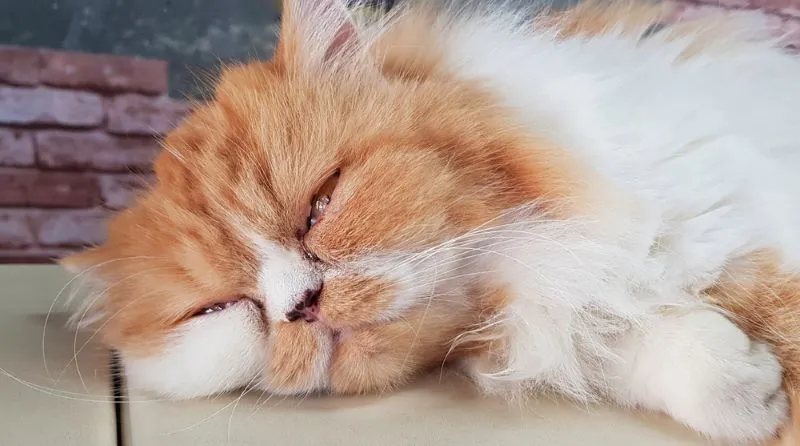
Optional vaccines for cats
Consider getting these non-core vaccines to keep your cat safe from infectious illnesses:
- Bordetella: Bordetella bronchiseptica is known for causing kennel cough in dogs, but it can also infect cats. The bacterium causes respiratory infections, so you may notice sneezing, fever, coughing and eye discharge. Young cats may develop serious infections, putting them at risk for premature death.
- Chlamydia: Some cats develop chlamydia after being exposed to Chlamydophila felis, a bacterial organism. This disease usually causes conjunctivitis, an inflammation of the membranes lining the eyelids in which the membranes swell and turn pink. Other symptoms include fever, loss of appetite and yellow or green discharge from the eyes.
Also Read: Petlibro One RFID Cat Feeder Review
How much do cat vaccinations cost?
Here’s what you can expect to pay for each cat vaccination.
| Vaccination | Cost |
|---|---|
| FVRCP | $20 to $40 |
| FeLV | $25 to $45 |
| Rabies | $20 to $30 |
| Bordetella | $10 to $30 |
| Chlamydia | $20 to $40 |
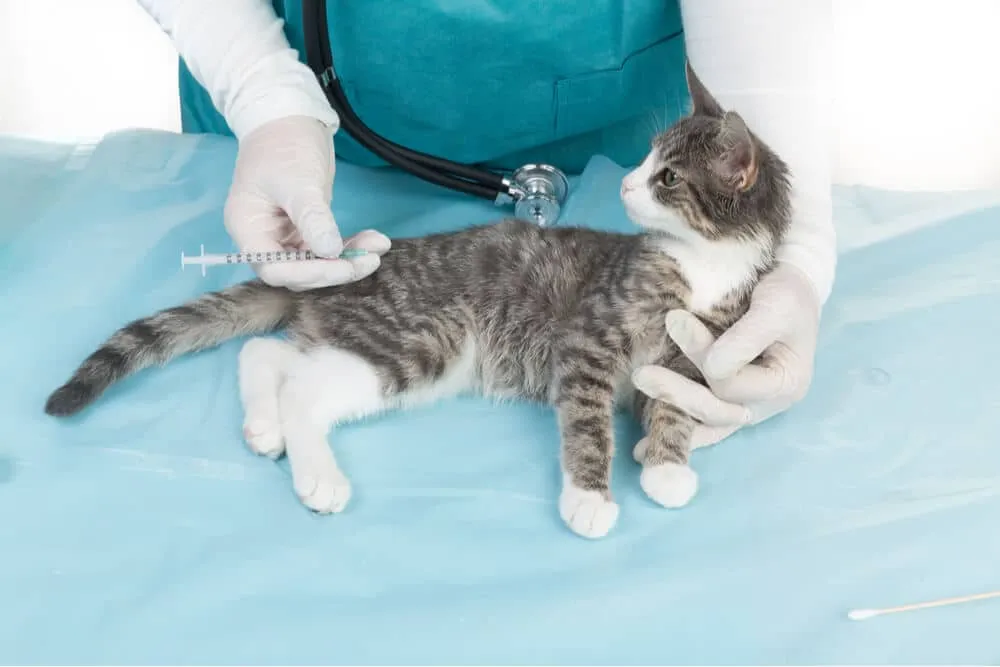
Cost of additional vet services
Vaccinations are important, but your kitten needs other veterinary services to get the best possible start in life.
Feline immunodeficiency virus (FIV) compromises the immune system, increasing the risk of serious infections. Unfortunately, no vaccine is effective against all FIV strains. During your kitten’s first vet visit, your veterinarian may recommend testing for FeLV and FIV at the same time. This costs anywhere from $40 to $80.
Your kitten also needs protection from fleas, ticks and heartworms. Flea and tick prevention may cost anywhere from $40 to $200 depending on which preventive method you choose. Heartworm prevention is a little less expensive, costing $25 to $120. If your kitten has symptoms of roundworms or other parasites, your veterinarian may recommend a fecal test, which usually costs between $20 and $40.
Even if the fecal test is negative, your kitten may need deworming, as it may have parasites in its digestive tract even if your vet doesn’t see them in the stool sample. Deworming costs an additional $25 to $130.
Also Read: Research Suggests Cats Possess Healing Powers
How often do you need to vaccinate your cat?
Vaccination isn’t something you do for a kitten and then forget about.
Adult cats also need vaccines to protect them from serious diseases. This includes indoor cats, as there’s always a chance that an indoor-only cat will get out of the house and come into contact with an infected animal.
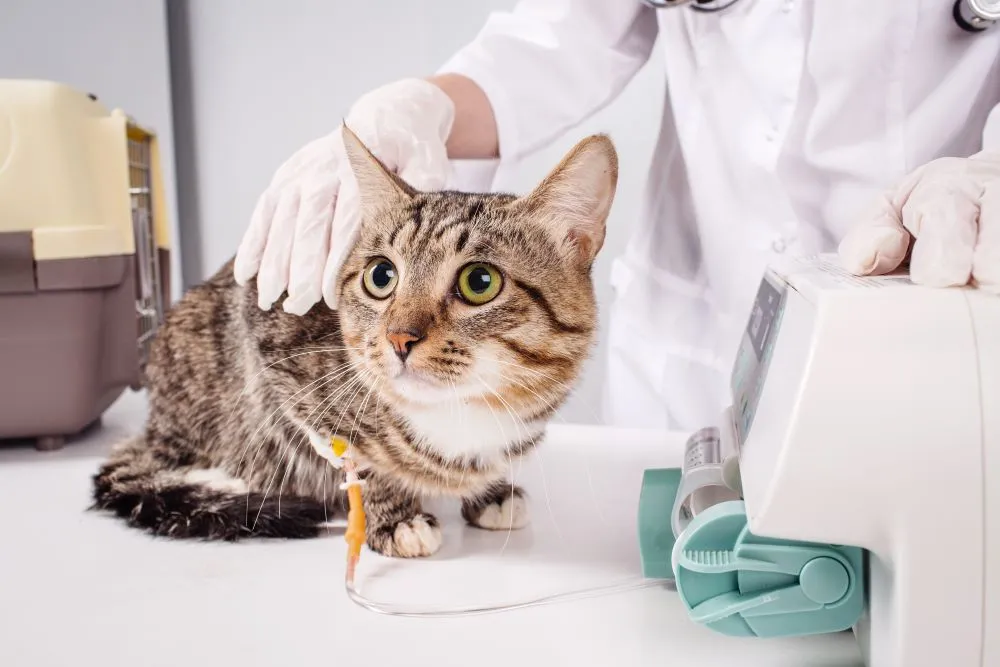
Cat and kitten vaccination schedule
Talk to your veterinarian about this suggested cat vaccination schedule.
| Vaccine | Timing |
|---|---|
| Rabies | 8 weeks old; boosters every 1 to 3 years during adulthood |
| Distemper | Starting at 6 weeks; every 3 to 4 weeks until the kitten is 16 to 20 months old; booster 1 year after final kitten dose; booster every 3 years for the rest of the cat’s life |
| Feline herpesvirus | Starting at 6 weeks; every 3 to 4 weeks until the kitten is 16 to 20 months old; booster 1 year after final kitten dose; booster every 3 years for the rest of the cat’s life |
| Calicivirus | Starting at 6 weeks; every 3 to 4 weeks until the kitten is 16 to 20 months old; booster 1 year after final kitten dose; booster every 3 years for the rest of the cat’s life |
| FeLV | One dose starting at 8 weeks followed by a second dose 3 to 4 weeks later; booster recommended at 1 year old; continued vaccination isn’t necessary for indoor-only cats |
| Bordetella | Start as early as 4 weeks of age; booster shots once per year |
| Chlamydia | Start at 16 weeks of age; give one booster 3 to 4 weeks later; annual boosters for adult cats |
Also Read: How Many Litter Boxes Should You Have per Cat?
What are the benefits of vaccinating my cat?
Vaccinating your cat protects it against serious, sometimes fatal, infections. This helps to improve the quality of their life and can also increase their lifespan.
Every vaccine protects against specific viral and bacterial organisms, protecting your cat if it comes into contact with other animals or shares food, toys and bedding.
Many municipalities also require rabies vaccinations for cats, so keeping up with the recommended vaccination schedule may help you stay in compliance with the law.
Are there any risks in vaccinating my cat?
Vaccines may cause mild side effects, such as diarrhea, loss of appetite, fever and vomiting.
In rare cases, vaccination leads to a condition called injection site osteosarcoma. This condition develops when a tumor develops in the same place where a cat received one of its vaccines.
Generally, the benefits of giving the FVRCP, feline leukemia and rabies vaccines outweigh the potential risks, but talk with your veterinarian if you have any concerns.
Does pet insurance cover cat vaccinations?
Pet insurance doesn’t usually cover the cost of vaccinations.
However, some companies offer wellness plans. These types of pet insurance plans cover things like the FVRCP shot and other types of routine care.
Even though cat insurance typically won’t cover vaccines, it’s still a good idea to purchase a policy. This can help reduce the high cost of vet bills if your cat gets sick or injured. To find the best pet insurance policy for your cat, we recommend using an online comparison tool. This way, you can easily view multiple options at once and compare the cost of pet insurance plans.
How to save on the cost of cat vaccinations?
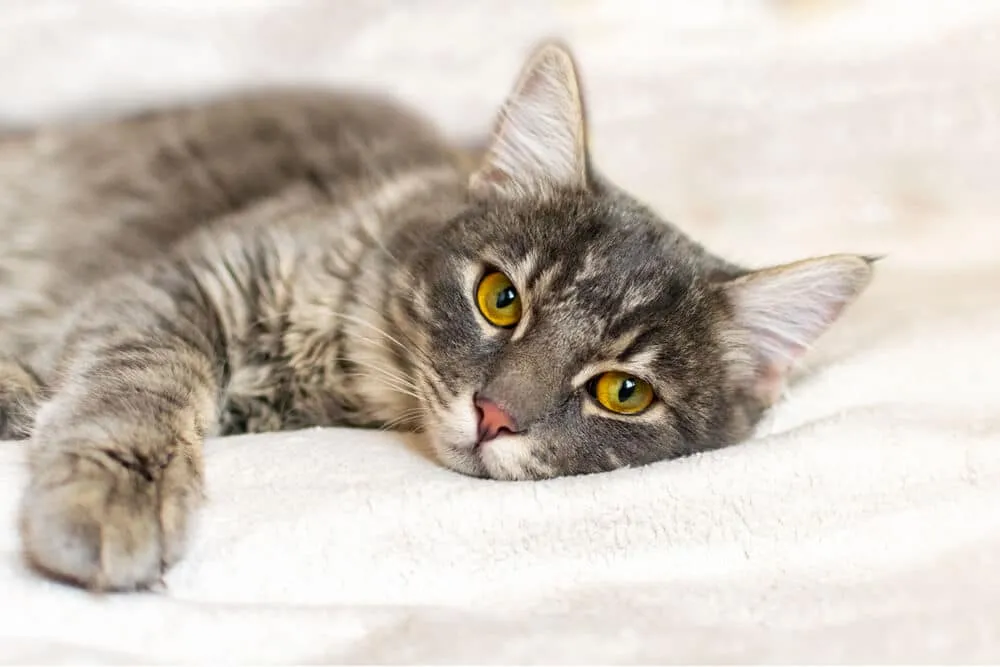
If you have limited funds, you can still get your cat the care it needs.
Here are some tips to help you save on the cost of cat vaccinations:
1. Go to a low-cost vet clinic
Animal rescue organizations often sponsor these clinics to reduce the spread of disease in their communities.
2. Purchase vaccines directly from a veterinary hospital.
It’s possible to do this with some vaccines. When you do this, you have to pay for the vaccine itself, but you don’t have to pay for an exam fee or injection fee.
Also Read: British Shorthair Cats: Breed Traits & Care Tips
3. Purchase a wellness plan.
While most pet insurance plans typically don’t cover vaccines, a wellness plan may help to cover some types of preventative care. We recommend using an online comparison tool to compare plans and pricing. Our guide to cheap pet insurance can also help you to find an affordable plan.
